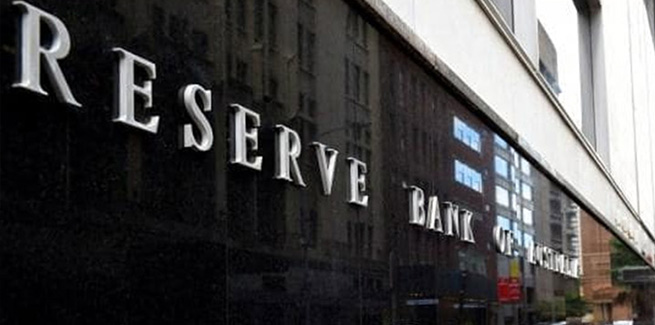The Reserve Bank of Australia (RBA) has released minutes from its monetary policy board meeting earlier this month, in which it cut the official cash rate by 25 bps to a new record low of 0.5 per cent.
The economic implications of the coronavirus (COVID-19) outbreak dominated discussions between members of the central bank’s monetary policy board.
Members assumed a more bearish tone, warning that the outbreak would cause significant disruption to the domestic economy.
“The advent of COVID-19 around the world was having a significant effect on the Australian economy, particularly in the education, transport and tourism sectors,” members noted.
“The uncertainty associated with the outbreak was also likely to affect household spending and business investment in coming months.”
As a result, the RBA stated that it expects GDP growth in the March quarter to be “noticeably weaker than previously expected”, adding that it was difficult to predict how long it would take for the economy to “return to more usual levels of activity”.
In light of such concerns, the RBA board concluded that it was “appropriate to ease monetary policy further” in response to the global COVID-19 outbreak to provide “additional support to employment and economic activity”.
“Members agreed that it was reasonable to expect that an extended period of low interest rates would be required in Australia to reach full employment and achieve the inflation target,” the RBA added.
“Members also agreed on the importance of monitoring the rapidly changing developments closely in subsequent weeks and maintaining contact to assess the implications of the COVID-19 outbreak for the economy.
“The board was prepared to ease monetary policy further to support the Australian economy.”
Since cutting the cash rate earlier this month, the RBA has commenced employing alternative monetary policy tools to soften the economic blow of the outbreak, which included the purchase of $8.8 billion in assets through repurchase agreements in overnight market operations.
RBA governor Philip Lowe said the central bank “stands ready” to commence quantitative easing – purchasing Australian government bonds in the secondary market in a bid to support the “smooth functioning of that market”.
The RBA is also set to announce “further policy measures to support the Australian economy” on Thursday (19 March), with some analysts suggesting that the central bank may cut the cash rate pre-emptively to a new record low of 0.25 per cent.
[Related: Regulators to consider easing lending ‘impediments]
 ;
;